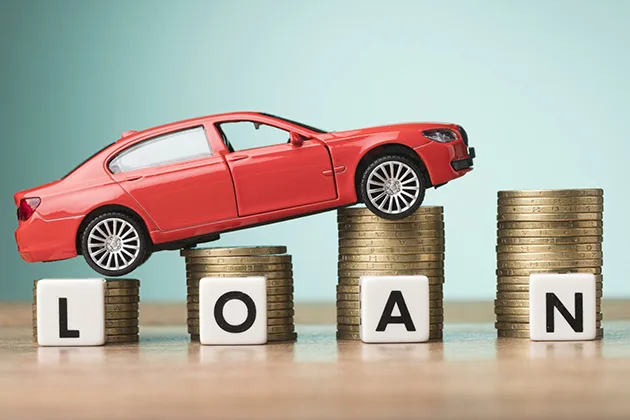Owning a car that suits your needs is not just a fancy dream. A vehicle is more about convenience than anything else. But what if you have a bad credit score? Can you take out a loan even then? The answer is tricky, and there are many factors that you need to consider, but a credit union can make things easy.
When you apply for a vehicle loan from a credit union, you can get past the hurdle of being subjected to rigid eligibility criteria. For residents of California, we have good news: You can avail of auto loans in Bakersfield from a trustworthy credit union at low interest rates.
These institutions provide all the financial facilities a bank provides, but in many ways, they are better than banks. While applying for a loan from a credit union is comparatively easy, here are some crucial factors that you need to consider:
Qualifying for the Loan
The first and foremost criterion determining whether you can qualify for a vehicle loan from a credit union is whether you are a member of the financial institution. Credit unions are not-for-profit organizations that offer financial services exclusively to their members. These services include loans at lower interest rates, higher returns on savings, easy availability of loans, and much more.
To become a member of the credit union, you have to make a minimal deposit, which usually ranges between $5 and $25. Once you become a member, the application process is similar to that of a bank; you apply for a loan, and the credit union will determine whether you qualify. Here are some things that credit unions consider when you apply for a loan:
-
Understand Your Financial Standing:
Buying a car is a huge financial decision. Hence, you must understand your financial standing before planning the purchase. It means you must analyze any debt you are currently in or any mortgages you are paying off. It also includes checking your income sources and whether they are stable enough for you to afford a car.
To understand your financial standing, break down your monthly income into fixed expenditures, including your rent and other monthly bills, and variable expenditures, including entertainment, travel, or dining out. Based on this information, you can determine your disposable income. This will help you understand whether you can pay the mortgage or the auto loan.
Financial institutions such as credit unions also pay close attention to your financial standing to understand if you are eligible for the loan.
-
Your Credit Score:
When you avail of a loan from a traditional bank, a bad credit score may lead to you paying considerably more than the standard interest rate. Your credit score determines your ability to repay a loan. Banks take this factor very seriously when determining whether you are eligible for a loan and at what interest rate they will give you the loan. But here’s the advantage: credit unions will give you a loan at a lower interest rate even with a bad credit score.
For a bank, your credit score must be 850. However, for credit unions, the ideal credit score is between 690 and 719. Moreover, even if your credit score is lower than the required number, you can still get an auto loan if you have a stable source of income.
Once you have applied for the loan, the wait time for loan processing is also lower than banks because of credit unions’ excellent customer service. Generally, the wait time is around 10 days, after which you will be notified whether you are eligible for the loan. Further, if you can pay a considerably large amount as a down payment on your car, your chances of qualifying for the auto loan increase.
Conclusion
Credit unions can make the dream of owning a car a reality. With their reliable customer service, loans at lower interest rates than banks, and lenient eligibility criteria, getting an auto loan can be pretty straightforward. All you need to do is sign up for a credit union membership.










